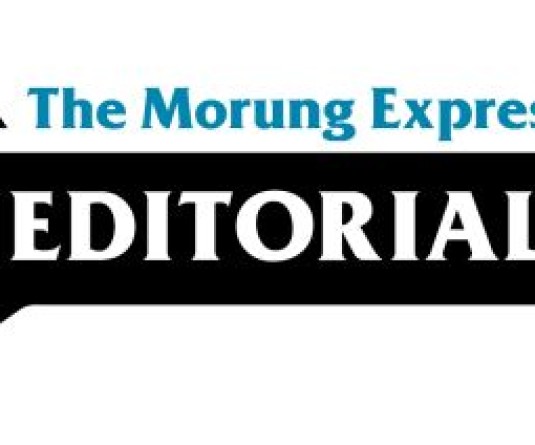
On January 30, 2017, an indefinite bandh spearheaded by the Joint Coordination Committee (JCC) “compelled” by the state government’s decision to “forcefully conduct the civic body elections defying the public appeal,” led to a full-blown crisis after the announcement of elections to Urban Local Bodies (ULBs).
While the reneging of a Church-brokered truce on January 30, which “in principle” agreed to postpone elections for two months, triggered the immediate crisis, it was the culmination of a general dissonance due to years of political ineptitude muddied by the issue of “abhorrent” taxation and property rights and general outlook of the issue.
Again, one is reminded of a tumultuous election at around the same period nearly two decades ago in 1998, when Nagaland underwent a similar crisis. With the call for the boycott of elections, the ruling party was then elected uncontested in 46 constituencies while in 14 others, independent candidates put up a fight. There were allegations that “dummy candidates” were put up as independent to indicate semblances of a contest. The Statistical Report on General Election, 1998 to the Legislative Assembly of Nagaland published by the Election Commission of India 1998 reads - Indian National Congress (INC) - 53 and Independent (IND) – 7.
‘Postponement of elections till the conclusion of the peace talks’ was the prevalent mood of that time. The fault lines are eerily similar as Naga people stare at another crisis on the horizon. While the announcement of the elections to 13th NLA was keenly awaited by intending parties and candidates, most of the political parties have supposedly expressed their intention to heed the call for "Solution, Not Election.”
With the date of official notification for election coming out on January 31, the buzz is palpable from both the civil societies as well as electioneering by political parties and candidates. Despite the call for deferment of elections, there are acute parallel activities on the ground as ‘news items’ in the local papers might reflect. The only silver lining in the current jamboree of the joint lobby for deferment of elections is the coming together of the NSCN (IM) and the Naga National Political Group (NNPG) Working Committee – the two most important stakeholders in the current negotiation with the Government of India.
The statement issued after a meeting hosted by the Core Committee of Nagaland Tribal Hohos and Civil Organisations (CCNTHCO), an amalgamation of several Naga civil societies and bodies, on January 28 is noteworthy. “When Naga people as a whole have made the collective decision to forgo election, we caution vested interest and unscrupulous persons not to sabotage the historical processes of negotiations by filing nominations and indulging in election process,” it asserted.
The statement also claimed that the negotiating groups are “leaving no stone unturned to ensure that an honourable and acceptable solution is evolved on time in the interest of the Naga people.”
Notwithstanding the commonalities that might have bought the two together and apprehenison over the solution before election narratives, it remains to be seen whether the new found camaraderie continues into the future. The litmus test will be overcoming divisive issues and challenges rather than present bonding over a common interest.





